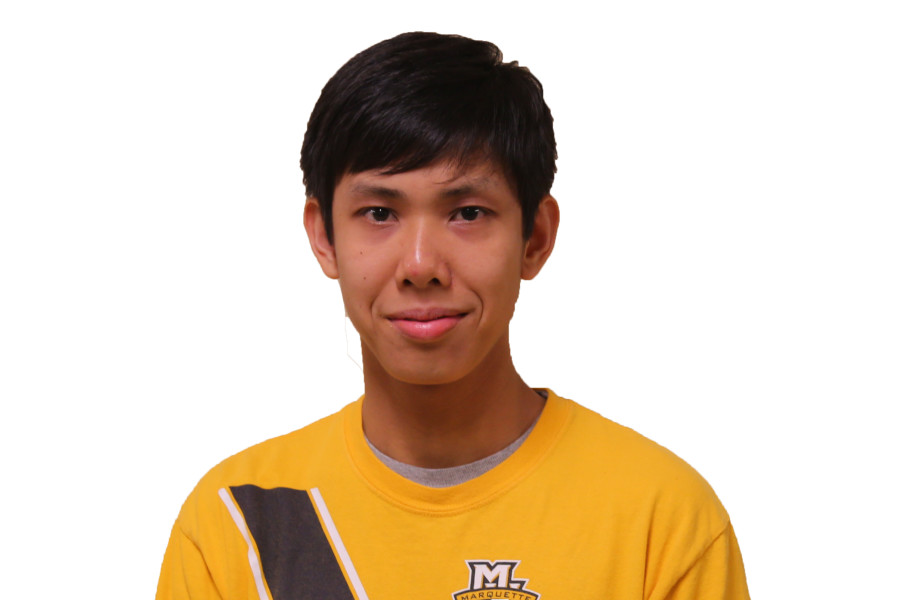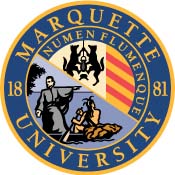I wrote a blog for the Tribune last week mentioning a few of what seem to be technology’s current dying breeds, newspapers included. After all, the consensus seems to be in favor of a move to online journalism, for writers and readers alike – hundreds of newspapers across the country have seen declines in their newsstand sales and profits. These newspapers are businesses, after all, and they need to turn a profit. Cuts are made.
To put it bluntly, though: The Marquette Tribune is not one of those papers. The issues are free. And its readership, overwhelmingly, is in its paper form. It is not – or, theoretically, a responsible university would never allow it to be – a mechanism for anything other than education and responsible journalism. It is not a business, and it is a necessity for many students to learn how journalism works.
To me, having been at this school for three years, Wednesday’s suggestion of cutting pages from the Tribune is absurd. It’s like taking a fourth of the knives away from culinary school, slashing a fourth of the tutorials for future nurses, uprooting a fourth of the lab stations used by chemistry students or taking away a fourth of the kilns from those studying ceramics.
Sure, I can take some classes, learn AP style, chum up to professors who work in the field, make my way through the rest of school and have them hand me a degree with a fancy Marquette letterhead. But if I’ve been told one thing about journalism at Marquette, it’s that writing requires three exercises: practice, practice, practice.
And the Tribune is where I have my practice. The paper was already reading articles I had written my first semester, before I’d even had a blink of a journalism course. By the next semester, I spent nights in Johnston hall until 1 a.m. for late-night editing, which happens twice a week. The whole shebang: drooping eyes, pulling out commas at the last minute, writing headlines, wiping my sweaty hands with a crumbled Jimmy Johns bag.
This is how I know what journalism is: a big group huddled around computer screens and printouts, catching every last fix to put out the best possible paper the next morning. No complaints or apprehension – just a sick obsession with news, design, reporting, editing, dates, facts, figures, photos and stories. That is how you learn journalism, friends.
And with the page cuts, hundreds of journalism students will see that opportunity too late. The Tribune was my foot in the door at Marquette. And if I had been told to wait around to do some real journalism work – the fate of many future Tribune writers, I’m now afraid – I’m not sure how or where I’d have gotten that practical education by now.
I also don’t know how informed I’d be on campus. I think one of my favorite sights is a greasy copy of the day’s Tribune on my table from one of my roommates – they’re at Marquette for engineering, health sciences, business and communication. And a paper Tribune means something to them, too. Good student journalism should never be disposable, and an informed student body should never be treated as second priority.
—
Tony Manno is a junior double majoring in journalism and writing-intensive English. Email him at anthony.manno@marquette.edu.






